You’ve got the engagement ring (after dropping a few hints of course), now it’s time to pick out the perfect wedding ring to go along with it—and we’ve got all the help you’ll need. Before saying “I do” to the perfect wedding ring, check out our guide on every important factor to consider.
1. Narrow Down Your Wedding Ring Choices
Diamonds or gemstones, platinum or gold—narrowing down your ring options may seem overwhelming, but don’t panic. Just take it one step at a time. Start with style: Are you envisioning a simple band or one with embellishments? Do you want your wedding ring to be the same metal as your engagement ring? Do you think you and your partner’s rings should match? Work out these kind of questions beforehand so you can zero in on exactly what you're looking for, then start shopping around.
2. Consider Buying Your Ring and Your Bands Together
If you prefer to be surprised by the engagement ring, this may not work, but knowing what bands go with the engagement ring can help you make a decision. For example, if you have a unique engagement ring, you may want a simple, no-fuss band, whereas a simple engagement ring may call for the added sparkle of a diamond pavé band. Also think about how the rings fit together. If you're planning on wearing your engagement and wedding ring side by side, 24/7, look for a contour or shadow band designed to interlock with the matching engagement ring. If you're planning on wearing your wedding ring alone, you may want a more intricate style that will look great with or without your engagement ring. Talk to your jeweler about finding a band that works with your ring (some can even create both at the same time).
3. Start Your Ring Search Early
Once you have a basic idea of what kind of ring you'd like, it's time for the fun part: trying them on! Give yourselves at least two to three months before the wedding date to ring shop. You'll need this time to browse, research prices and revisit rings that catch your eye. If you have your heart set on a custom ring, you'll probably need even more time. And keep in mind: Extras, like engraving, can take up to one month.
4. Mix It Up
Don't fret if you like platinum and your partner likes yellow gold. There's no rule that says you have to choose the same metal or even style. You could compromise with braided bands that blend the two metals together or just be totally different—the key to finding something you both love is choosing wedding bands that reflect your individual styles.
5. Set a Budget
Shop with the assumption that you'll spend about 3 percent of your total wedding budget on the rings. Depending on the retailer, a plain, 14-karat gold or simple platinum band can cost around $1,000. Embellishments, like diamonds or engraving, will quickly add to the cost, so factor that into your budget if you plan to personalize your rings with any of these extras. The price of engraving is usually based on the number of characters, the font used and whether it's engraved by hand or machine (hand is usually pricier).
6. Keep Your Lifestyle in Mind
Remember: You're going to wear this band every day, so the goal is to choose something that seamlessly becomes a part of your life. If you play sports or an instrument, a slimmer ring with rounded edges (appropriately called the “comfort fit") may make the most sense. If you work with your hands, you may want to search for a simple, solid metal ring and avoid gemstones that can come loose or carvings, which can trap dirt. If you're super active, go for platinum, which is extra durable (when scratched, the metal is merely displaced and doesn't actually wear away).
7. Try Something Different
You may love the idea of a braided rose gold ring or a diamond eternity band, but once you get to the store, try some rings that aren't on your inspiration board. Chat with the jeweler, then let them make suggestions based on what you like and don't rule anything out. Just like with wedding dresses, you may end up loving something you never thought you would. Wear it around the store for a few minutes and while you have it on, try writing and texting as a comfort test.
8. Think Long Term
While you shouldn't be afraid of being trendy, make sure the style you choose is something you'll want to wear for, say, the next 40 years. Just don't stress too much: You're not married to the ring and can always make changes to it (add diamonds or go from white gold to platinum) later on to mark a special anniversary.
9. Consider the Maintenance
To keep a wedding band with stones clean and sparkling, you'll need to wash and soak it in warm sudsy water, then gently brush it with a soft toothbrush or eyebrow brush (too much pressure can loosen the stones from their setting), rinse it and pat it dry with a soft lint-free cloth. Sound like too much upkeep? You may want to opt for a fuss-free gold or platinum ring—simply rub it with a soft, lint-free cloth (chamois works well) and you're good to go.
10. Size It Right
Most people rarely take off their wedding bands; they wear them through summers, winters, exercise, pregnancies—all times when your fingers swell and contract from heat, cold, water retention or weight gain. To find the right size that will best weather all of those changes, schedule your final ring fitting at a time when you're calm and your body temperature is normal. That means you should never finalize first thing in the morning (you retain water from the night before), right after you've exercised (fingers swell) or when you're extremely hot or cold (which can cause your hands to expand and shrink).
11. Check for Quality
Quality control applies to all rings, not just your wedding bands. Make sure the ring has two marks inside the band: the manufacturer's trademark (this proves they stand behind their work) and the quality mark, 24K or PLAT, for example (this proves the metal quality is what the retailer says it is).


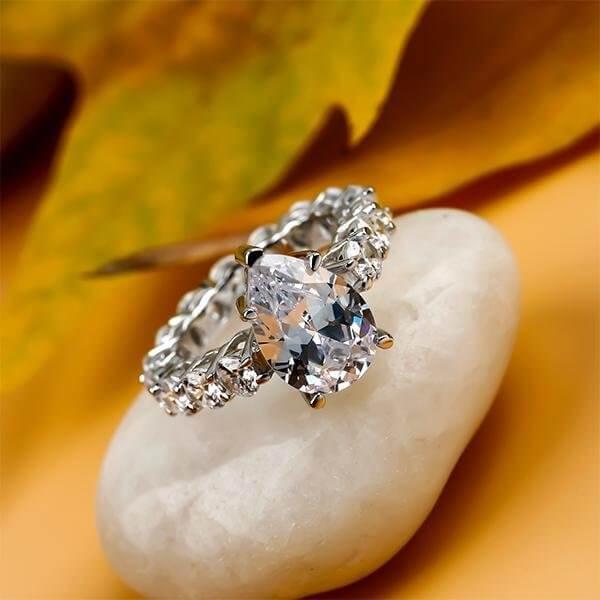

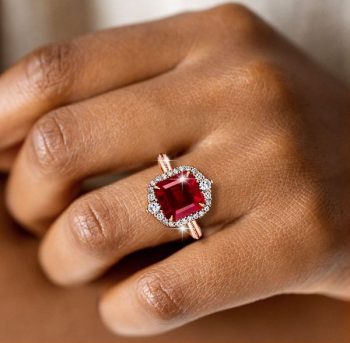
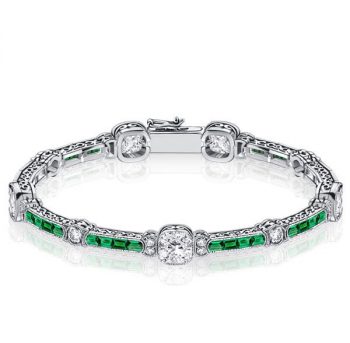
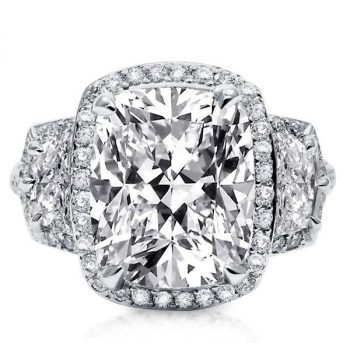
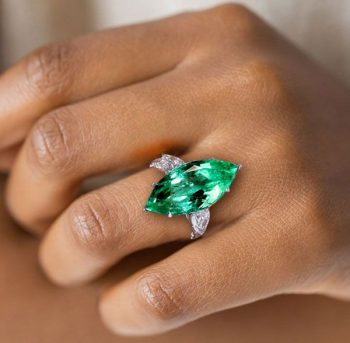
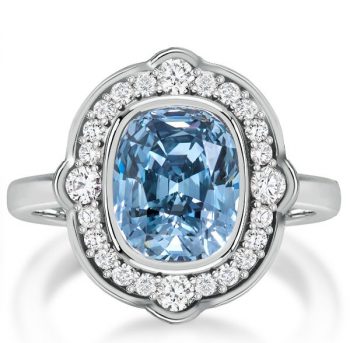
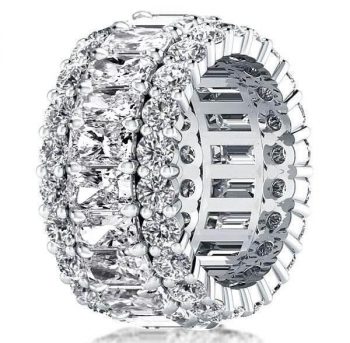
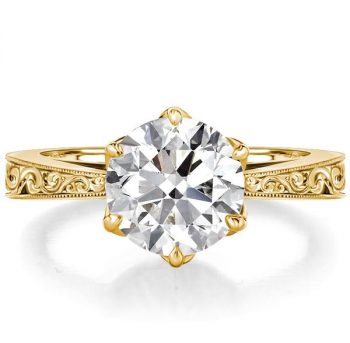
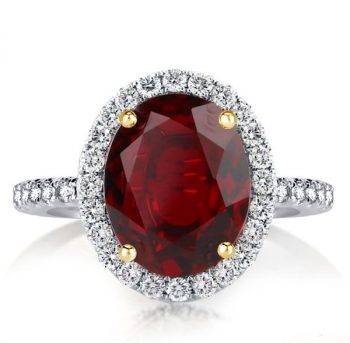
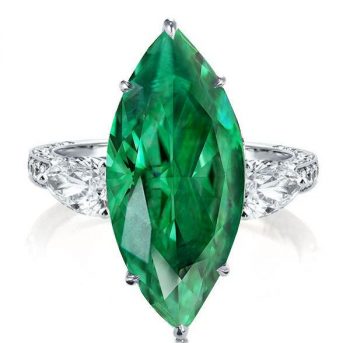
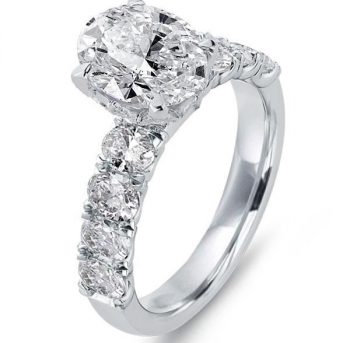
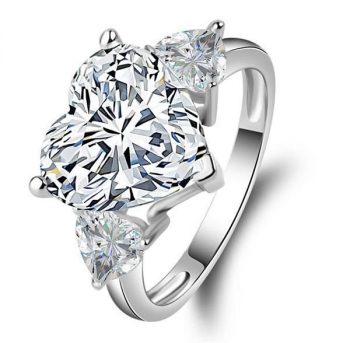
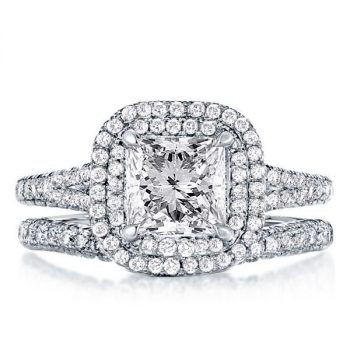
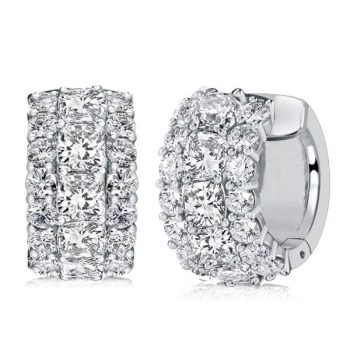
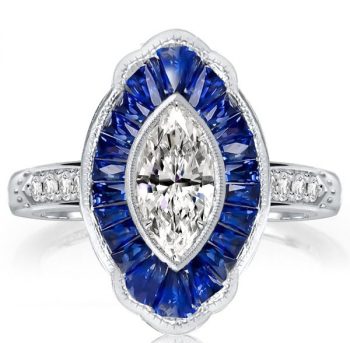
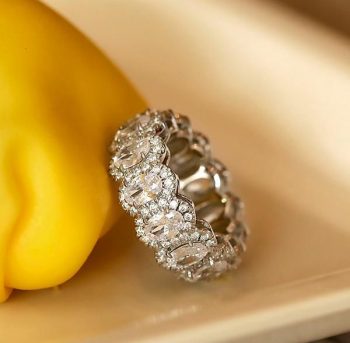
 © 2024 by Italojewelry®. All Rights Reserved.
© 2024 by Italojewelry®. All Rights Reserved.